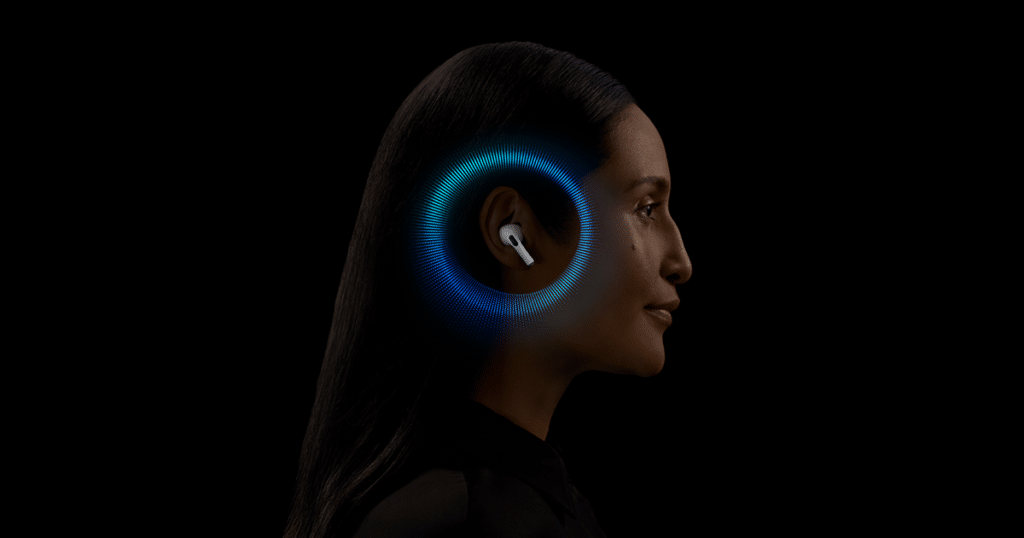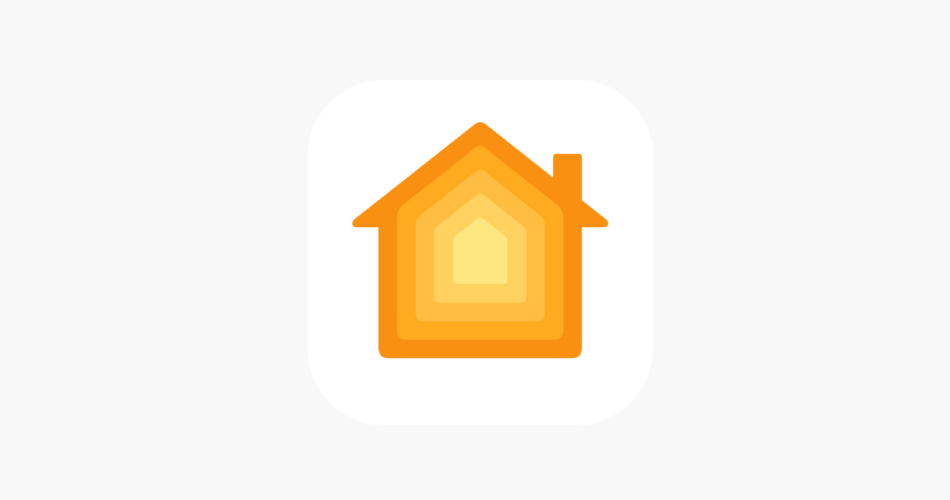Renowned Apple analyst Ming-Chi Kuo has shared exciting new insights into Apple’s potential entry into the smart home market with a groundbreaking smart home camera expected by 2026. This device, reported to integrate deeply with Apple Intelligence and Siri, would mark Apple’s first foray into smart home cameras, positioning it as a strong competitor to third-party HomeKit options like the Eve Indoor Cam.
The new smart home camera, designed as a “major accessory” in Apple’s lineup, may showcase Apple’s capabilities in home automation and security. Kuo suggests Apple aims to achieve tens of millions in annual shipments, signaling strong confidence in the device’s potential. Unlike current HomeKit-compatible third-party cameras, Apple’s own product could leverage advanced Apple silicon to provide enriched AI features and a more intuitive Siri integration, setting it apart in the market.
The introduction of this camera aligns with other rumored Apple smart home products, including a “HomePod with a display” expected to debut in 2025. This device, said to combine a smart speaker with a touchscreen display, would serve as a central hub for Apple’s smart home devices, much like Amazon’s Echo Show or Google’s Nest Hub. Apple is reportedly even exploring a more advanced version with a robotic arm that could track users within a room, underscoring its commitment to home automation. Together, these products would establish Apple’s presence in the smart home market, with each device seamlessly integrated into the Apple ecosystem and powered by a new operating system, potentially called homeOS.
Alongside the smart home camera, Kuo also notes that Apple is working on a new generation of AirPods with advanced health monitoring capabilities, slated for a 2026 release. These AirPods would extend beyond their current role, incorporating health metrics such as heart rate monitoring and body temperature tracking, features typically found in wearable health devices like the Apple Watch.

If these rumors prove accurate, Apple’s smart home camera and health-oriented AirPods would be two significant expansions of its ecosystem, allowing users to access more of Apple’s functionality from their homes and in their health routines. For instance, Apple customers might view live video feeds on their Apple Watch, or receive real-time health alerts on their iPhones based on data gathered by their AirPods. This strategy deepens Apple’s ecosystem by fostering interconnectedness, making each device more valuable when used together, and aligning with Apple’s overall focus on creating a seamless user experience.
(via Medium)
Subscribe to our email newsletter to get the latest posts delivered right to your email.


Comments